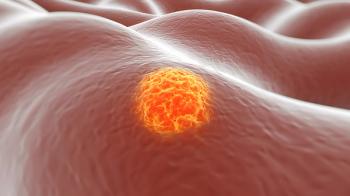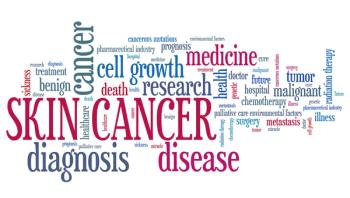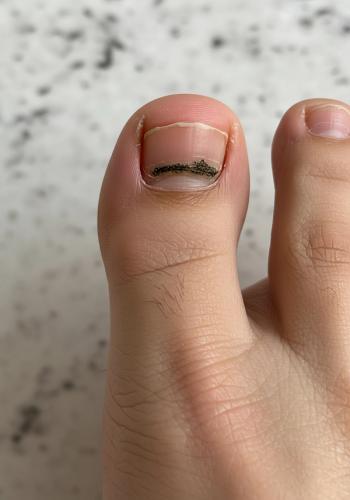
Immunotherapy Drug Shows Exceptional Response Rates in Rare Melanoma
A recent study reveals that 89% of patients with unresectable desmoplastic melanoma respond to Keytruda.
Nearly nine out of 10 patients with a rare and aggressive form of skin cancer that couldn’t be surgically removed responded to an FDA-approved immunotherapy, according to a recent study.
The research, published in
“The promising results from this trial show that pembrolizumab can offer durable benefit for patients with a melanoma subtype that previously had no successful treatment options,” Antoni Ribas, M.D., the study’s senior author and director of the UCLA Health Jonsson Comprehensive Cancer Center's Tumor Immunology Program, said in a
Desmoplastic melanoma accounts for 4% of all melanomas and typically develops in areas with extensive sun damage, such as the head and neck. Relapse is common, so the standard treatment is typically surgery and radiation. When the cancer metastasizes, surgery isn’t as effective, so new therapies are needed.
Because these tumors often accumulate many more mutations than other melanomas, they should theoretically be more recognizable by the immune system as malignant. That was the reasoning behind trying Keytruda, an immunotherapy that targets PD-1, in the study.
The trial results showed the drug had a lasting effect: after three years, 84% of patients remained alive, and 96% had not died from melanoma progression. Many patients continued to maintain their response even after discontinuing treatment. The drug also worked fast, with some patients seeing tumor reduction within two months of starting therapy.
Despite the successful outcome for some patients, others experienced higher than average toxicity and adverse events compared with patients who received Keytruda for other types of cancers. In this study, 10 patients (37%) experienced grade 3 or 4 adverse events, and nine patients (33%) discontinued treatment because of these side effects. The researchers attributed this partly to the older age and multiple comorbidities common in this specific indication.
The research is part of a clinical study, which has a separate cohort of patients whose disease could be surgically removed. That group demonstrated a 59% complete response rate, according to an
The study was funded by the SWOG Cancer Research Network and the National Cancer Institute. Lead author Kari L. Kendra, M.D., is a medical oncologist with The Ohio State University Comprehensive Cancer Center.
Keytruda first received FDA
The drug works by blocking the PD-1 protein on immune cells, helping the immune system recognize and attack cancer cells more effectively. This broad applicability across cancer types has made Keytruda one of the most commercially successful immunotherapy drugs, generating billions in revenue for Merck.
Newsletter
Get the latest industry news, event updates, and more from Managed healthcare Executive.

























